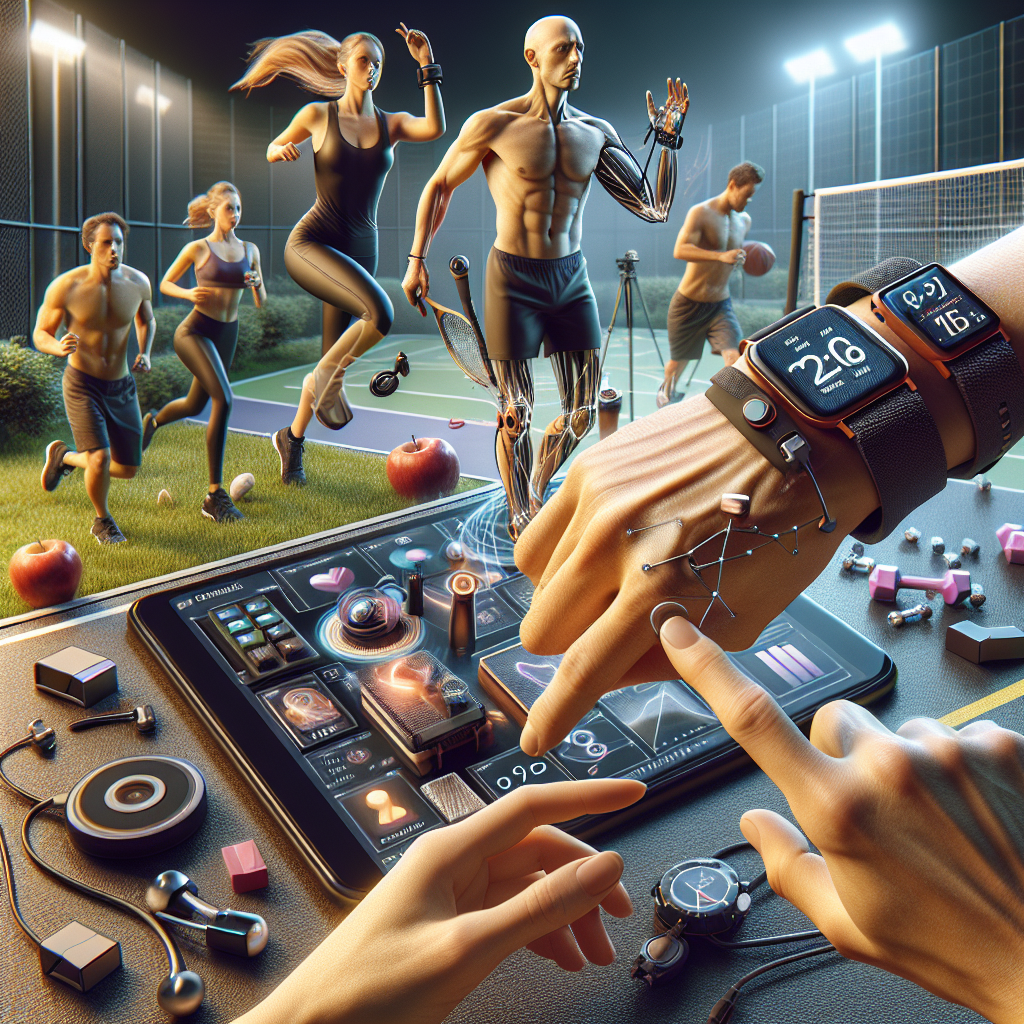Integrating artificial intelligence (AI) into holistic health and wellness practices represents a transformative approach to personalized care, optimizing both physical and mental well-being through advanced technology. By leveraging AI, practitioners can offer more precise diagnostics, tailor interventions to individual needs, and enhance the overall efficacy of wellness programs. This integration not only enriches traditional holistic practices but also introduces innovative solutions for a more comprehensive health management strategy.
The Role of AI in Holistic Health
AI’s role in holistic health is multifaceted, focusing on enhancing the precision and personalization of wellness practices. Through intelligent systems, practitioners can gather and analyze vast amounts of data, providing insights that were previously unattainable.
Personalized Wellness Plans
AI systems analyze data from various sources, including wearable devices, health records, and lifestyle logs, to create personalized wellness plans that consider the unique biological, psychological, and social factors of each individual.
- Wearable technology tracks real-time health metrics.
- Data-driven insights enable tailored nutritional and fitness recommendations.
Predictive Analytics in Preventative Care
Predictive analytics powered by AI can forecast potential health issues before they manifest, allowing for proactive interventions. This capability is vital for preventing chronic conditions and maintaining long-term well-being.
Statistical Insights
| Health Metric | Risk Reduction |
|---|---|
| Cardiovascular Disease | 30% with predictive monitoring |
| Diabetes | 40% through early detection |
AI-Driven Mindfulness and Stress Management
Stress management and mental wellness are critical components of holistic health, and AI is playing an increasingly significant role in this domain.
Emotion Recognition and Response
AI algorithms can detect emotional states through voice tone analysis, facial recognition, and physiological signals, providing real-time feedback and interventions to manage stress effectively.
- Voice-activated AI systems offer guided meditation.
- Facial recognition tracks mood changes throughout the day.
Virtual Mental Health Assistants
AI-driven virtual assistants provide cognitive-behavioral therapy (CBT) and other mental health support, making mental wellness resources more accessible and personalized.
Effectiveness of AI in Mental Health
| Intervention Type | Improvement Rate |
|---|---|
| CBT via AI | 60% improvement in anxiety symptoms |
| Guided Meditation | 50% reduction in stress levels |
Integrating AI with Traditional Holistic Practices
AI does not replace traditional holistic practices but rather enhances them by providing deeper insights and more targeted interventions.
Complementary Therapies
AI can work alongside therapies such as acupuncture, herbal medicine, and yoga, optimizing their effects through data analysis and personalized adjustments.
- Acupuncture: AI models predict response rates and optimize treatment plans.
- Herbal Medicine: AI databases suggest the best herbal combinations based on individual health profiles.
Enhancing Yoga Practices
AI applications in yoga involve using motion capture technology to correct postures and breathing techniques, ensuring practitioners achieve optimal benefits.
Benefits of AI-Enhanced Yoga
| Aspect | Improvement |
|---|---|
| Posture Accuracy | 20% increase with AI correction |
| Breathing Techniques | 15% improvement in efficiency |
Ethical Considerations and Challenges
While AI offers numerous benefits, it also presents ethical challenges that need addressing to ensure responsible integration into holistic health practices.
Data Privacy and Security
AI systems require access to sensitive health data, raising concerns about privacy and security. Implementing robust data protection protocols is essential to safeguard user information.
Bias in AI Algorithms
AI can inadvertently perpetuate biases present in the data used for training algorithms. Ensuring diversity in data sets and transparency in AI decision-making processes is crucial to mitigate this risk.
Addressing AI Bias
- Incorporate diverse data sources.
- Regularly audit AI systems for bias.
Future Directions and Innovations
The future of AI in holistic health looks promising, with ongoing innovations set to revolutionize wellness practices further.
Integration with Genomic Data
Combining AI with genomic data offers potential for highly personalized wellness plans that consider genetic predispositions and optimize interventions accordingly.
AI-Powered Virtual Reality (VR) Experiences
AI-driven VR experiences offer immersive environments for relaxation, stress relief, and therapeutic interventions, enhancing mental well-being.
Potential Impact of AI and VR
| Application | Potential Benefit |
|---|---|
| Relaxation Therapy | 40% increase in relaxation response |
| Therapeutic Applications | 30% improvement in therapeutic outcomes |
Conclusion
Integrating AI into holistic health and wellness practices is a burgeoning field that holds promise for enhancing personalized care and optimizing health outcomes. By addressing ethical considerations and harnessing the full potential of AI, practitioners can transform traditional wellness practices into a more effective and personalized approach to health management.
Transform Your Fitness Journey Today!
Ready to achieve your fitness goals without the hassle?
Join PurelyFit and experience the future of fitness with AI-powered workouts and personalized nutrition plans. Say goodbye to expensive trainers and complicated diets. Our platform offers tailored workouts and over 600,000 recipes to suit every lifestyle and dietary need. Track your progress in real-time and enjoy adaptive plans that evolve with you.
Start Your Smarter Fitness Journey Now!
Don’t wait any longer—embrace a smarter, more efficient way to reach your fitness goals with PurelyFit. Revolutionize your journey today!













